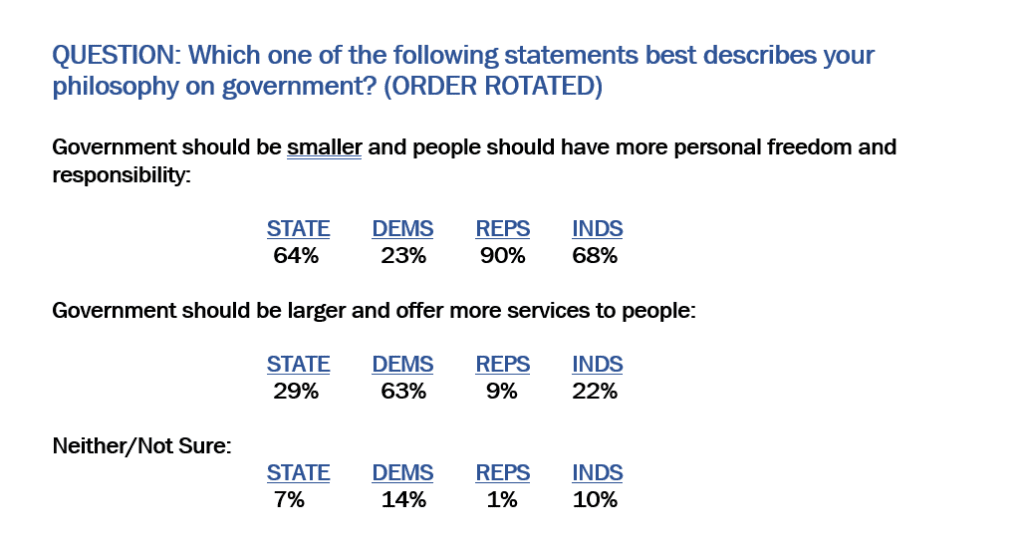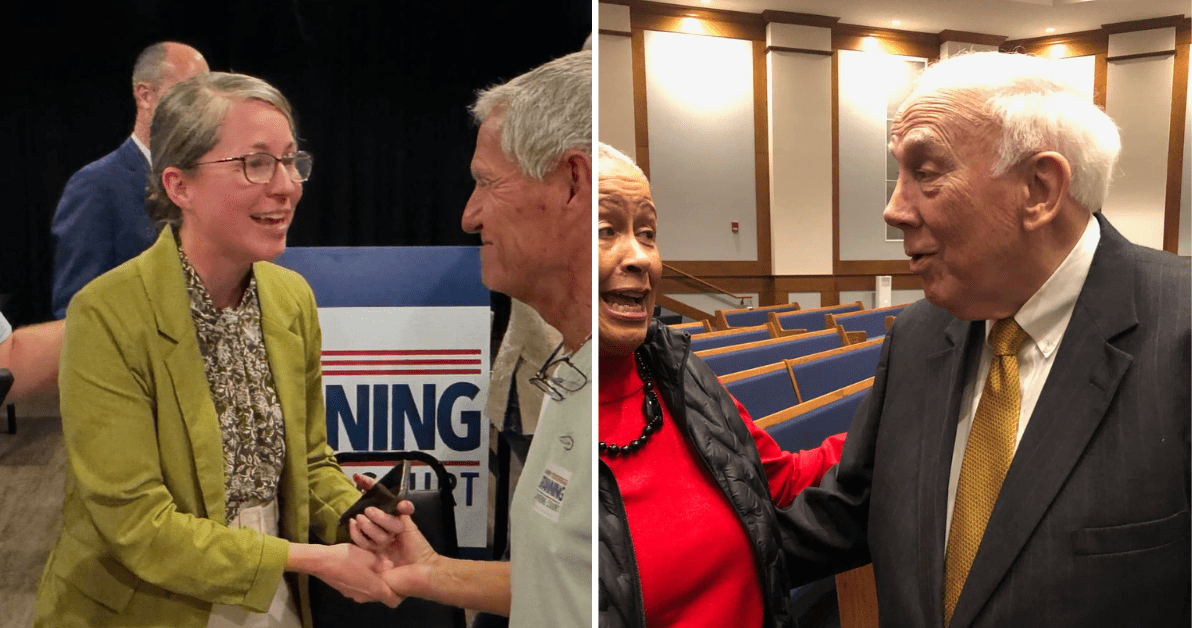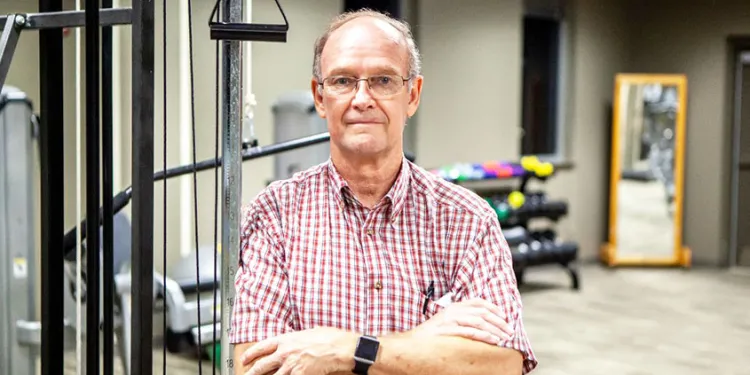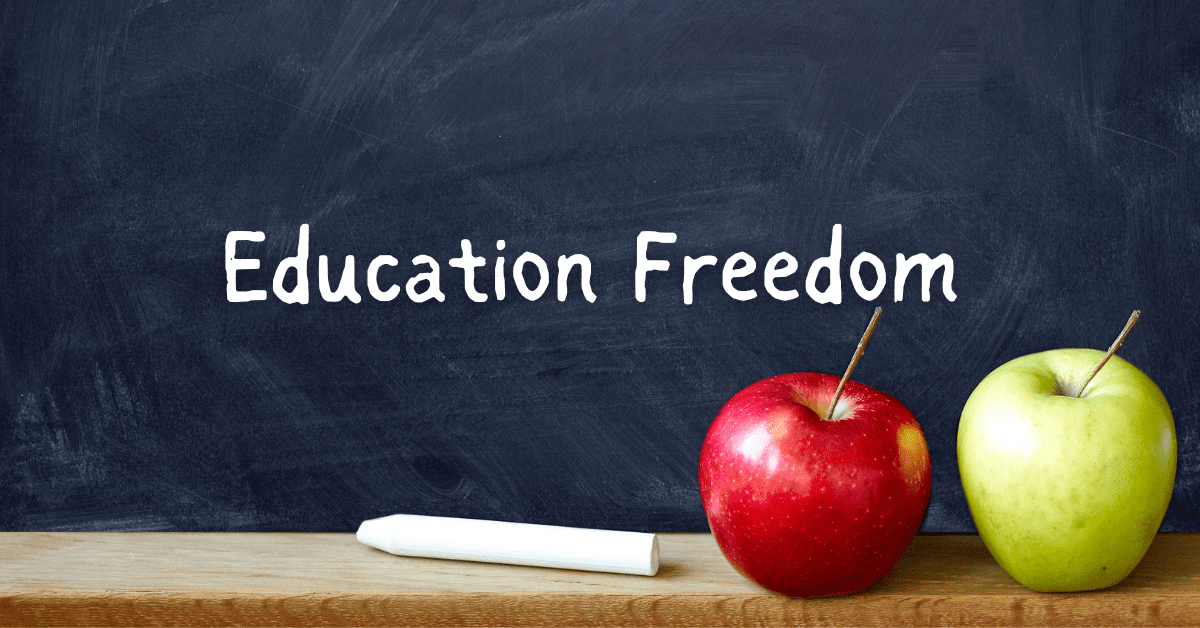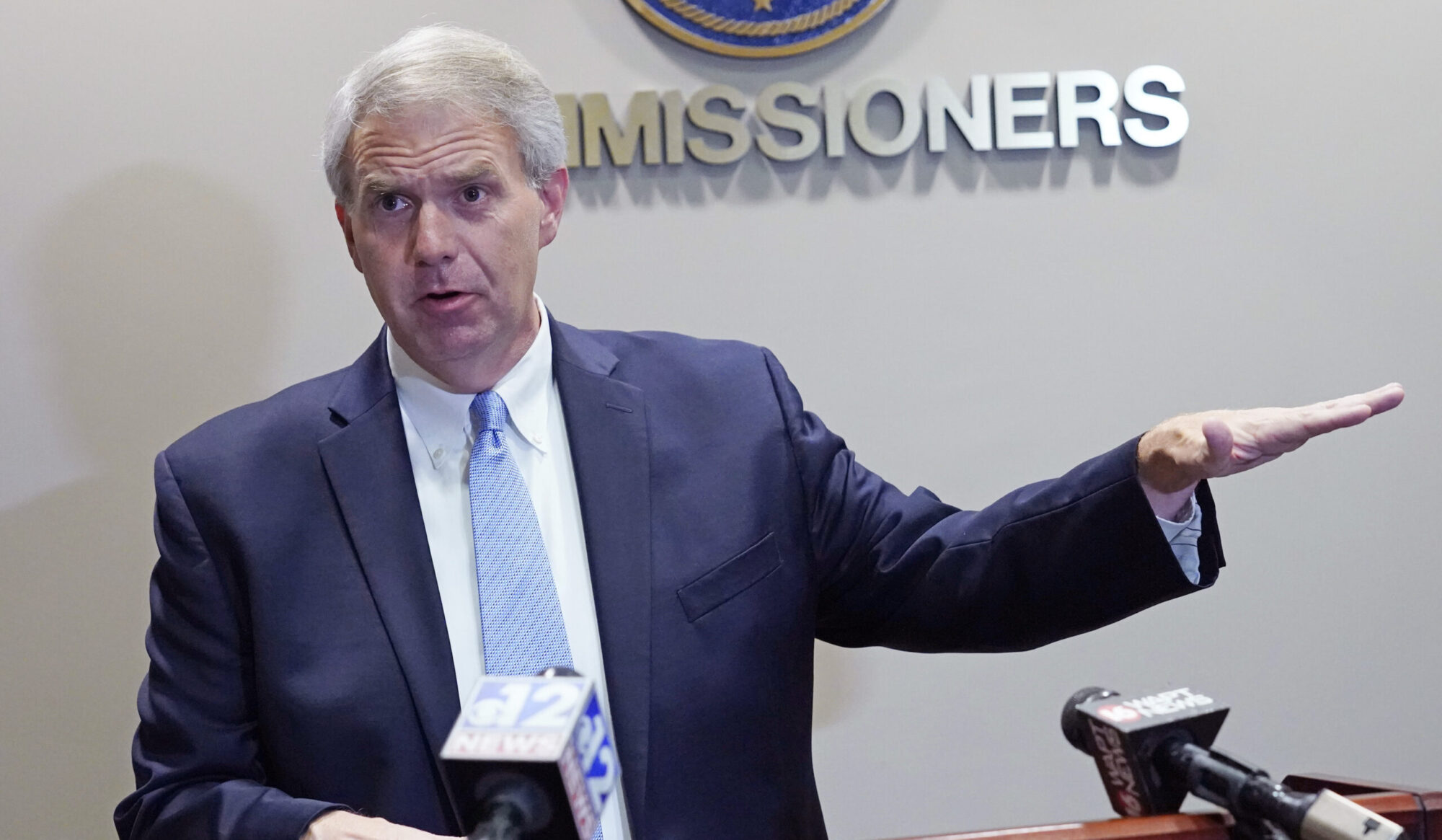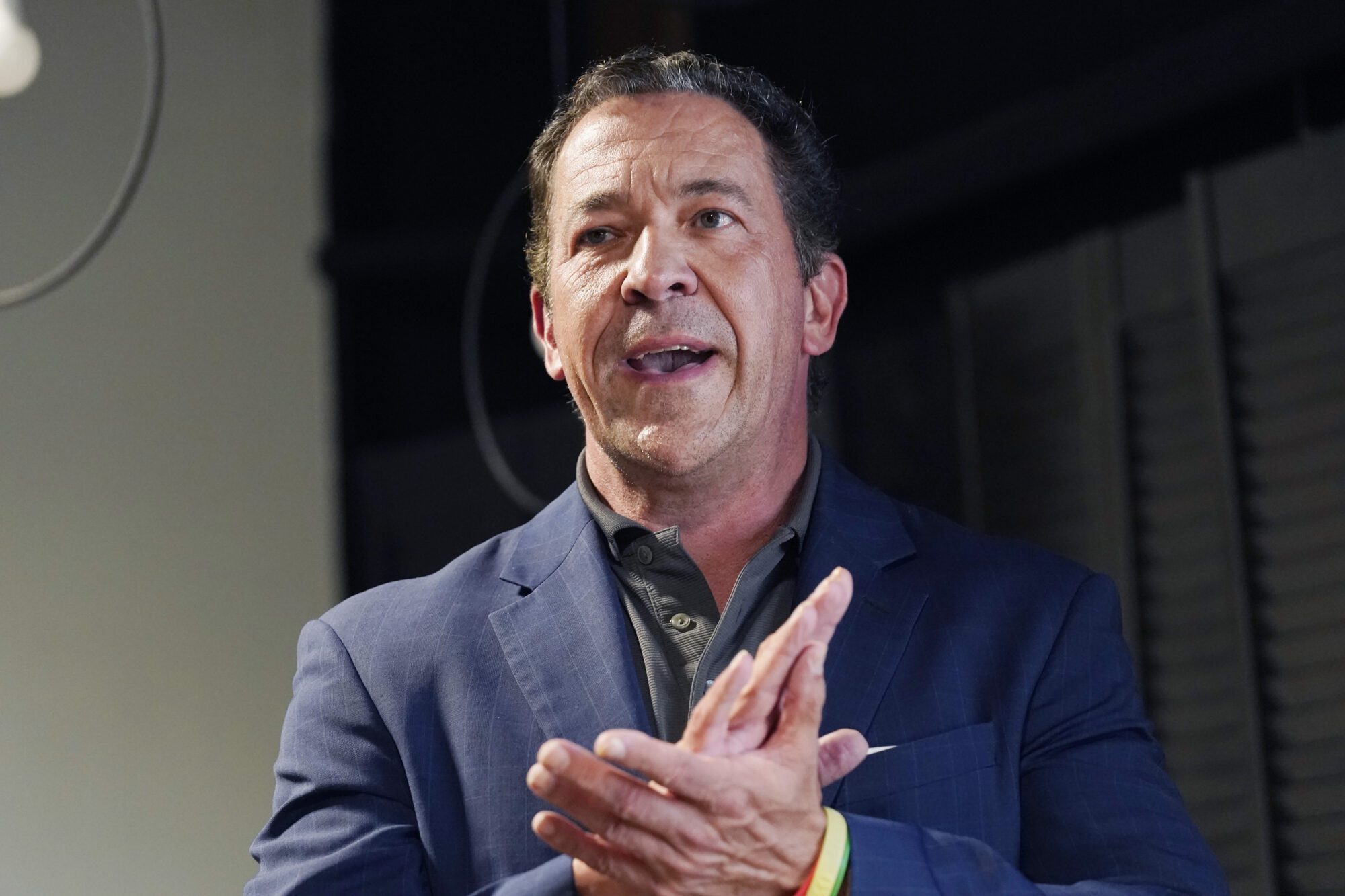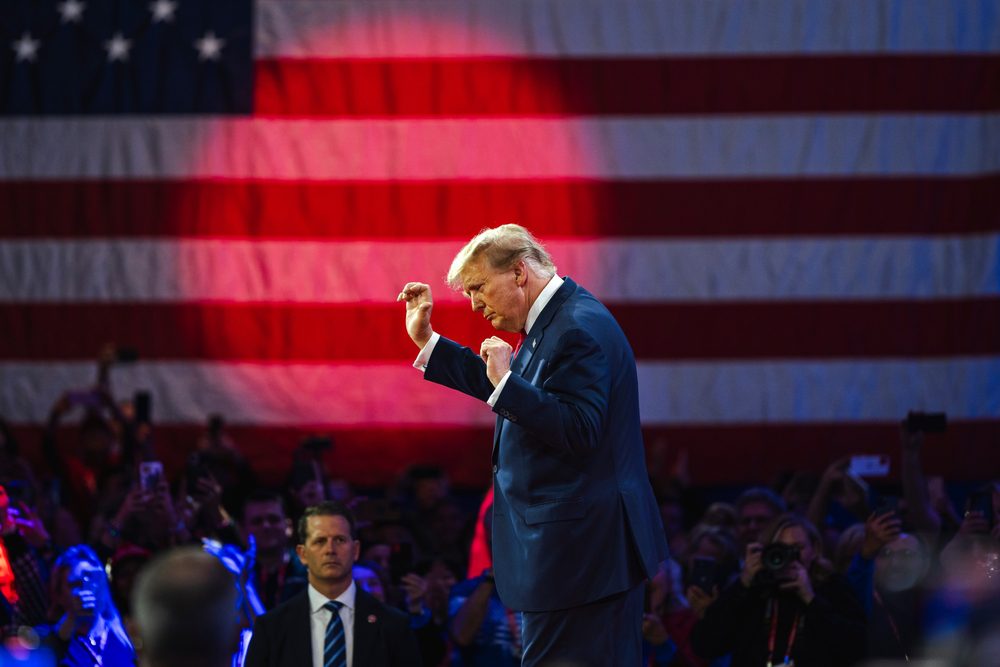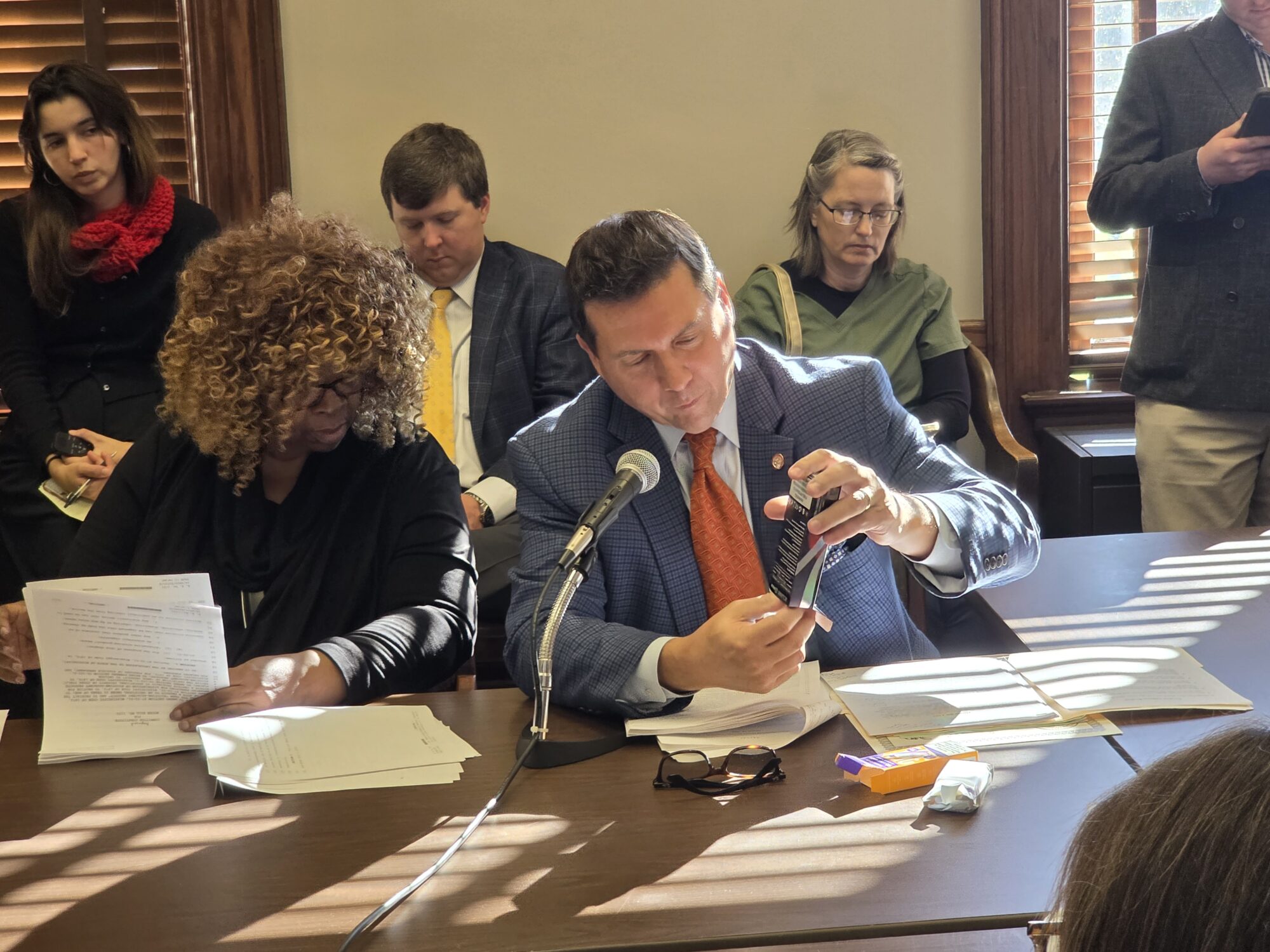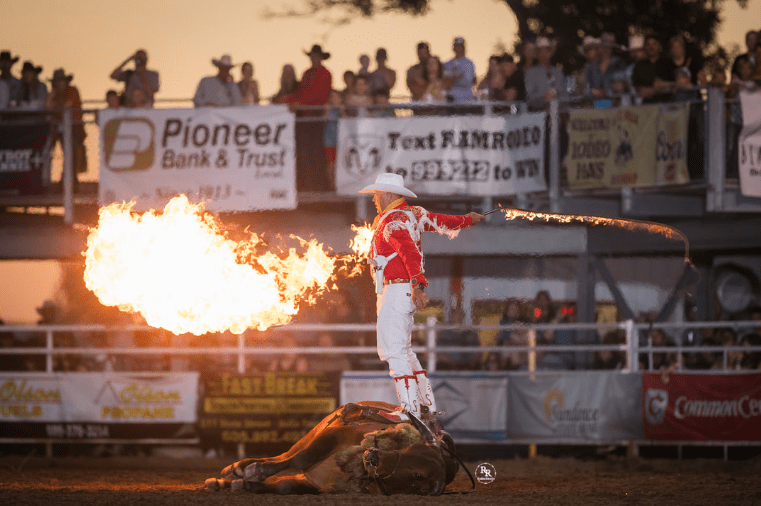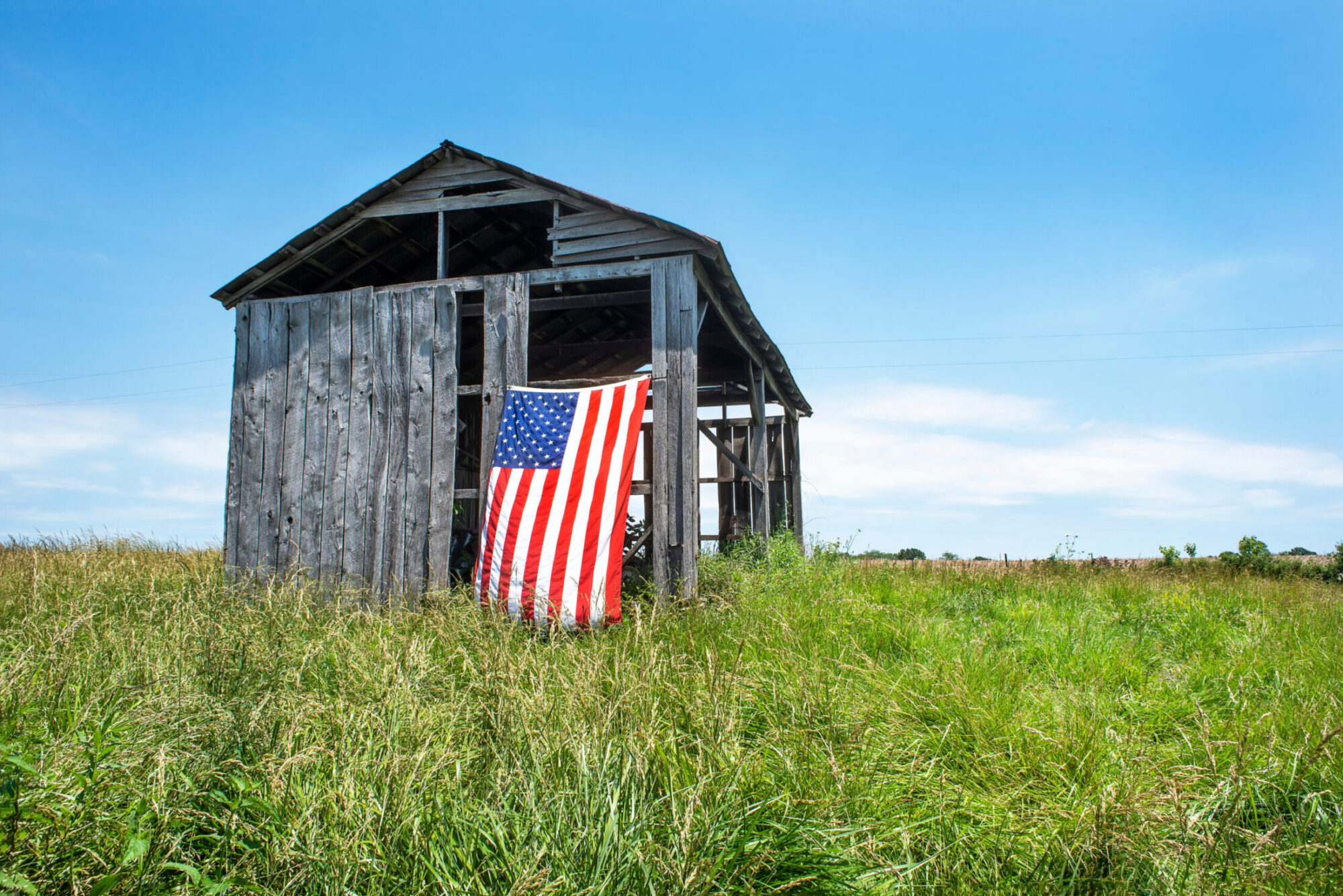
Voters say they want smaller government and the most conservative candidates representing them.
Magnolia Tribune recently partnered with Mason-Dixon polling to survey likely voters in Mississippi. Previous reporting on the Magnolia Tribune/Mason-Dixon polling showed incumbent Gov. Tate Reeves (R) up by 7 points on his Democrat challenger, Northern Public Service Commissioner Brandon Presley.
We have also explored the issues which voters say are most important to them. Jobs and the economy, crime, protecting family values, and education are at the top of the list for Mississippi voters, but there are incredible differences between self-identified Republicans and Democrats.
Conservatism Still King
A large plurality of likely Mississippi voters (47%) say they look for the most conservative candidate when voting. 32% of likely Mississippi voters say they favor the most centrist or moderate candidate in a race. Just 13% of Mississippi voters say they gravitate toward the most liberal candidate in a race.
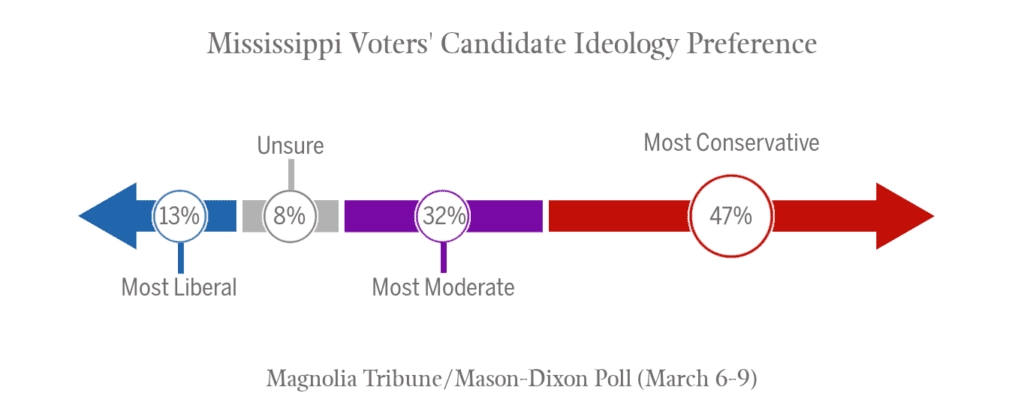
Self-identified Republicans appear to be the most deeply ideological among likely voters. While a plurality (44%) of Democrats said they would support the most moderate candidate, and 13% of self-identified Democrats said they would support the most conservative candidate, the same cannot be said of Republicans.
Only 14% of Republicans said they would support the most moderate candidate, and only 2% indicated they would support the most liberal candidate. 78% percent of Republicans said they gravitated toward the most conservative candidate.

A plurality of independents (46%) said they would support the most moderate candidate. The remainder of independents broke strongly toward the most conservative candidate, with 37% indicating they would favor the conservative candidate and only 7% indicating they would favor the most liberal candidate.
Broader Philosophy Consistent with Candidate Preference
Likely voters’ philosophical view of the role of government is consistent with their electoral preferences. When asked to identify the statement that best describes their philosophy on government, 64% of people who answered the question identified with “government should be smaller and people should have more personal freedom and responsibility.” Among Republicans, that number rose to 90% of respondents.
Similar to the candidate ideology patterns discussed above, Mississippi’s independent voters break strongly toward the idea of smaller government. While a sizable majority of Democrats (63%) say they would prefer a larger government that offers more services, a not insignificant amount still lean toward smaller government (23%).
Overall, the response to this question is again indicative of Republicans having a more concrete sense of ideology.
The responses to these two questions and the analysis of the responses warrants a caveat, however. How people define “conservative,” “moderate,” or “liberal” varies. So too does allegiance to concept like “smaller government” when specific examples are given to voters. In that sense, these questions are not definitive, but are only one piece of understanding Mississippi voters. Perhaps the best way to consider this data is that it reveals the ideological values to which people aspire.
